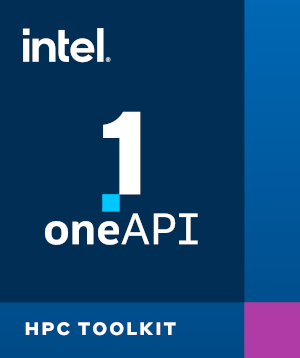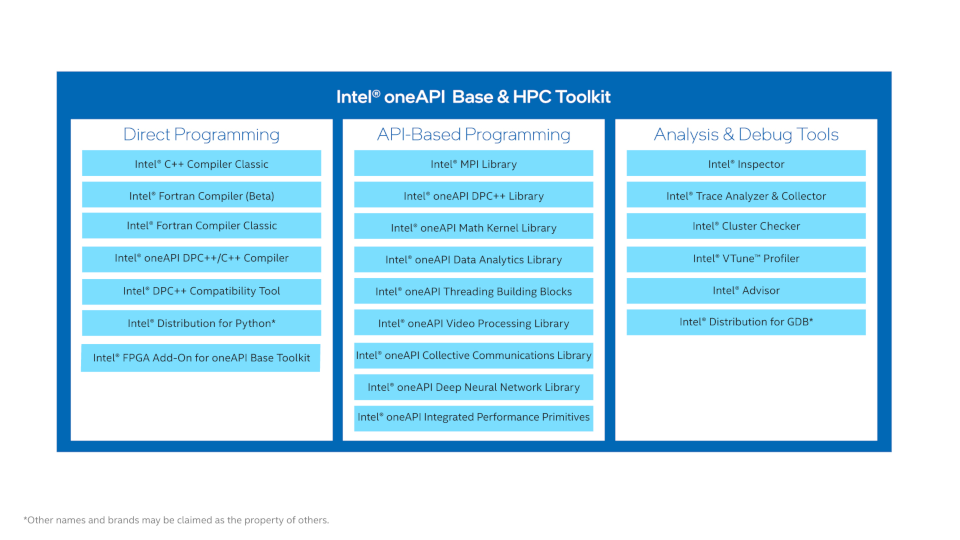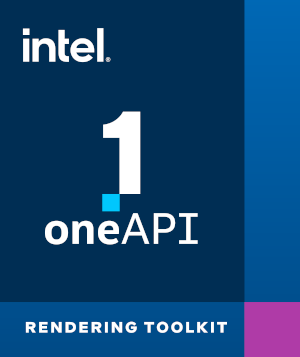oneAPI: Smart Path to Accelerated Cross-architecture Programming
Best-in-Class Tools for Cross-Architecture Development

Simplify Cross-Architecture Development using Intel® oneAPI Base Toolkits.
Today’s data-centric workloads require diverse architectures.
To reduce complexity for developers, a single programming model, oneAPI, unifies and simplifies development for multiple types of architectures.
With the Intel® oneAPI Base Toolkit , get all you need to build and deploy high-performance, data-centric, cross-architecture applications that take advantage of Intel CPUs, GPUs, and FPGAs. The toolkit includes a core set of tools and libraries to get started.


Intel® oneAPI Base Toolkit
The Intel® oneAPI Base Toolkit is a set of core tools and libraries for developing high-performance, data-centric applications targeting a variety of Intel® architectures (CPU, GPU, FPGA). It includes:
• Intel® oneAPI DPC++/C++ Compiler
• Intel® oneAPI DPC++ Library
• Intel® oneAPI Math Kernel Library
• Intel® oneAPI Threading Building Blocks
• Intel® oneAPI Data Analytics Library
• Intel® oneAPI Deep Neural Network Library
• Intel® oneAPI Collective Communications Library
• Intel® oneAPI Video Processing Library
• Intel® Integrated Performance Primitives
• Intel® VTune™ Profiler
• Intel® Advisor
• Intel® Advisor
• Intel® Distribution for GDB
• Intel® Distribution of Python
• Intel® FPGA Add-on for oneAPI Base Toolkit (optional)
+Optional add-on domain-centric toolkits
Benefits
• Use a single programming model and cross-architecture language Data Parallel C++ (DPC++) to develop high-performance, data-centric applications that allows code reuse across hardware targets—Intel CPUs, GPUs, and FPGAs, and permits custom tuning for individual accelerators.
• Develop efficiently using the DPC+/C++/C compiler; performance libraries; enhanced profiling, design assistance and debug tools; and accelerated Python.
• Migrate CUDA code to create new DPC++ code that can be used on multiple architectures using a compatibility tool, then tune as needed for specific implementations.
• Works seamlessly with Intel add-on domain-specific toolkits and tools to accelerate specialized workloads (HPC, AI analytics, IoT, rendering, DL framework developer, deep learning inference, and more).
• Develop future-ready code to ease the adoption of future innovative accelerated computing architectures.
• Take advantage of Priority Support : Connect directly to Intel engineers for confidential answers to technical questions.
Take the smart path to accelerate cross-architecture computing using a core set of advanced compilers, libraries and analysis tools in Intel® oneAPI Base Toolkit.



